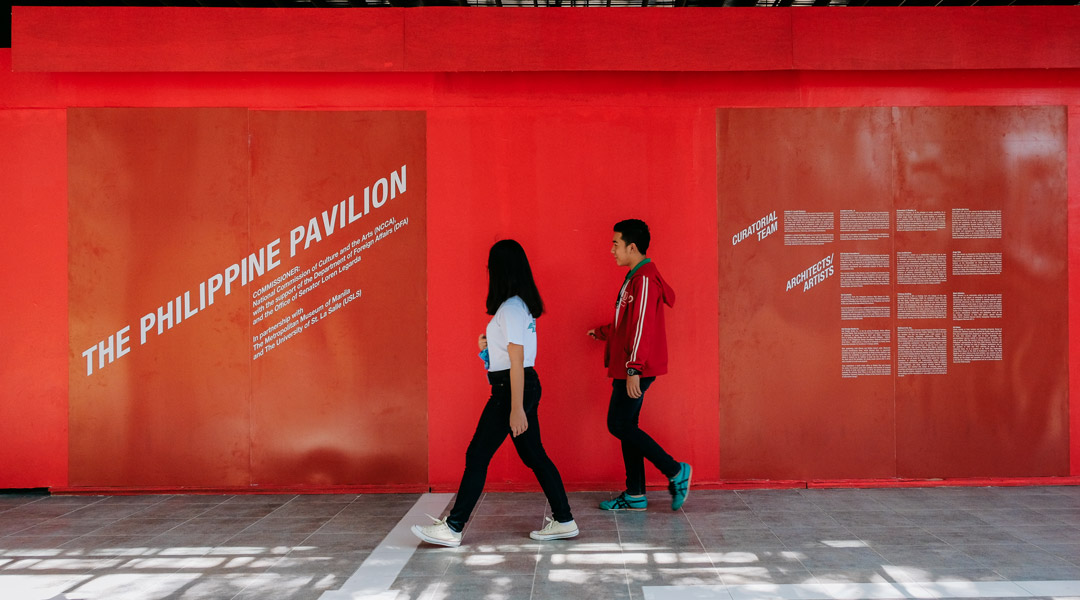
Venice Biennale “Muhon” Exhibit starts regional tour in Bacolod
In 2016, the Philippines made its Venice Architecture Biennale debut through the Philippine Pavilion’s curatorial proposal, Muhon: Traces of an Adolescent City. After a successful exhibition of the exploration of Metro Manila’s cultural identity through the built environment, led by L. V. Locsin Partners (LVLP) team, Muhon had a homecoming of the exhibit at the Metropolitan Museum of Manila. This 2018, Muhon begins its regional tour in Bacolod City, Negros Occidental.
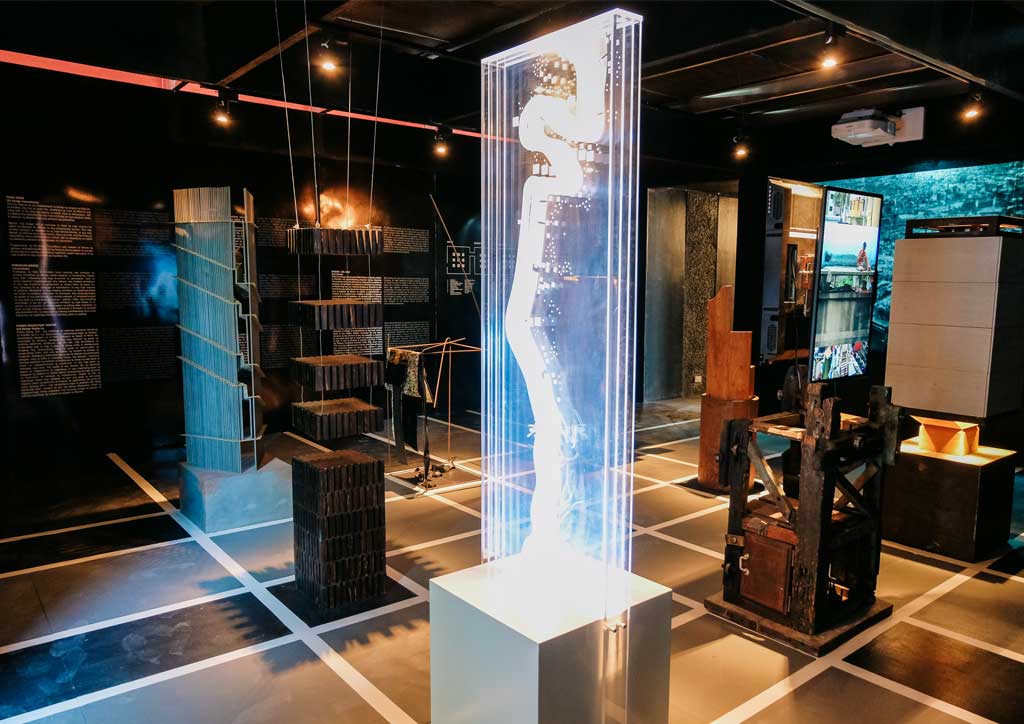
Senator Loren Legarda, the visionary and principal advocate behind the Philippine participation in the Venice Biennale said, “All the participations are meant to have many lives after its debut so that we reach as many people, especially Filipinos. It is important that we bring home the exhibition that was in Venice so that we nurture appreciation of art among Filipinos.”
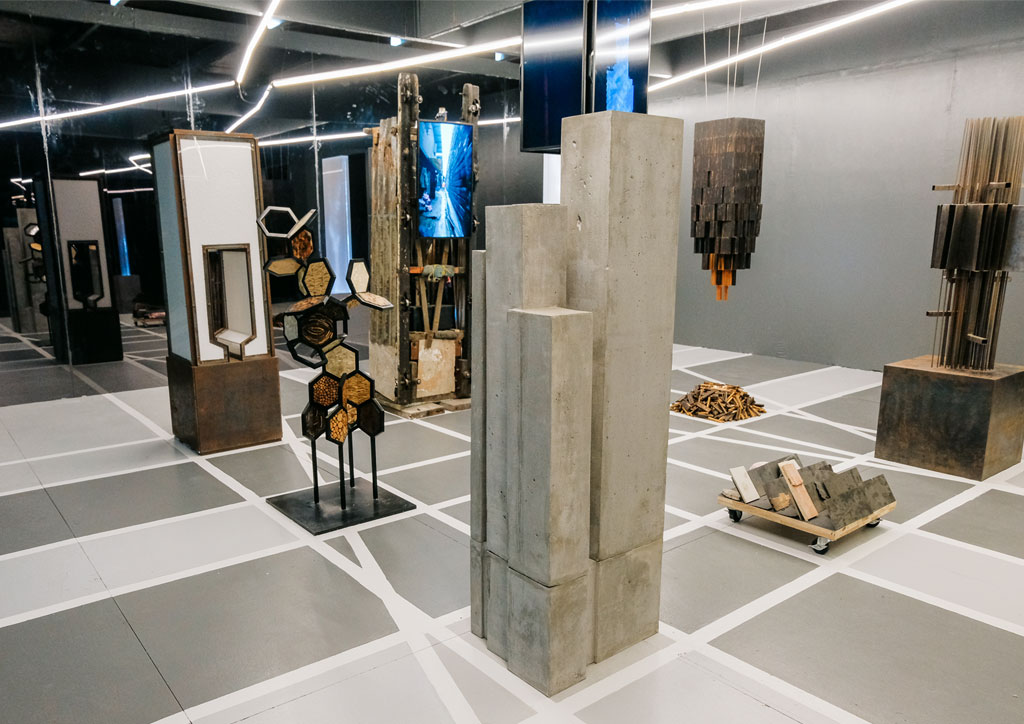
The Muhon exhibit opens at the Saint Bro. Miguel Hall in the University of St. La Salle on February 22, as the first leg of the regional tour. The first day kicked off with lectures by the curators, artists, and architects to elicit views and opinions that discuss the vectors of progress and permanence in relation to corresponding notions of modernity and an emerging identity.
READ MORE: A primer on Muhon — Philippine architecture’s Venice debut
Also aiming to initiate a discussion on the future of the country as we continue to build our towns and cities, the exhibit brings in the original pieces with the newly-commissioned Muhon installations for its Negrense audience.
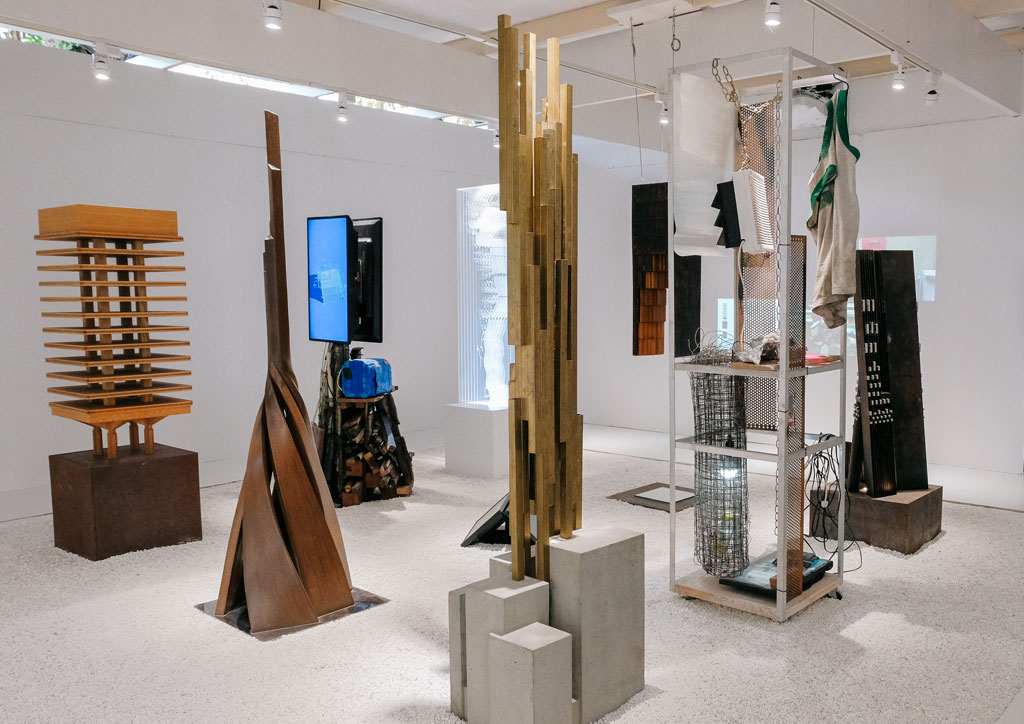
NCCA Chairman Virgilio Almario stated, “Our commitment is that all those interested in seeing the exhibition will get chance to be part of it. If they cannot go because of distance, we bring it to them. It is important that people from Luzon, Visayas and Mindanao are able to see the Muhon and participate not just by seeing the exhibition but also analyzing the realities it presents and reflecting on it in a critical way.”
The Bacolod Muhon
The addition of muhon installations intends to respond to the local host; hence, the Bacolod Muhon. Conceptualized and designed by Frasso Incorporated, the commissioned muhon uses sugarcane as a medium that represents the importance of this farming crop in the development of Negrense architecture as shown in the SPCMA building.
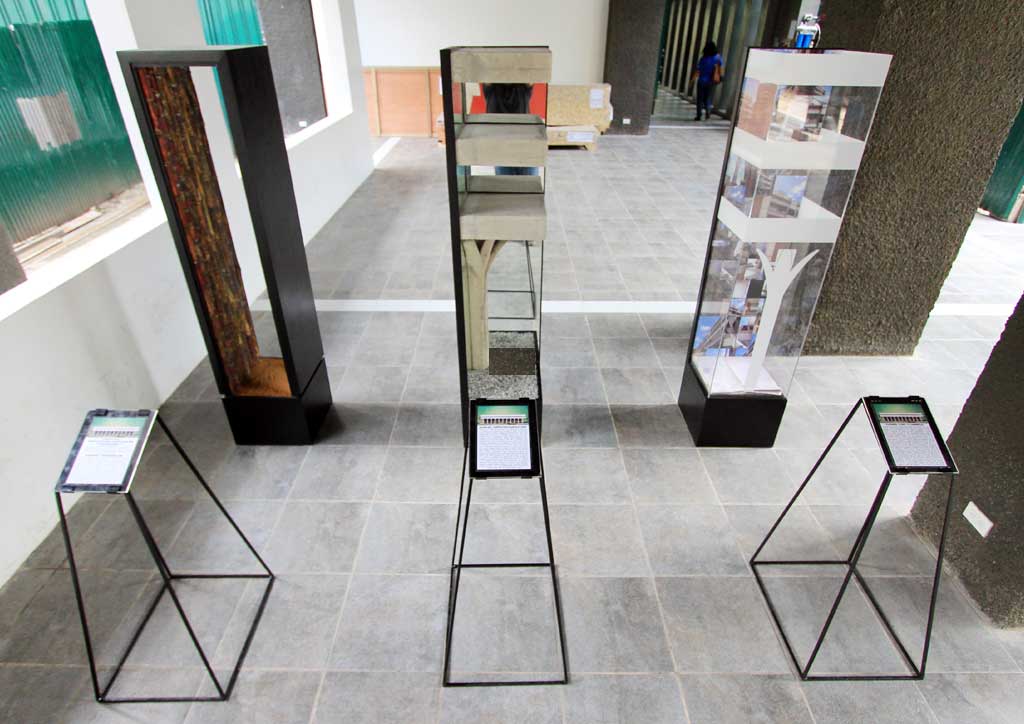
The first muhon, The Sugarcane, shows how the sugarcane influences the society and how the society mirrors its value and contribution to fabric of Negrense lifestyle from time immemorial to mid-1800s. The second muhon, Inspiration Made in Stone, presents the local architecture from the late 1800s and even after the two World Wars, with sugarcane interpreted and immortalized in stone. The third muhon, Iconic to Commercial, demonstrates the shifts in business and center of power in Metro Manila from the 1960s to the 1970s, and the integration of foreign influences and other factors in terms of design, materials, and design mentality.
Bacolod as the regional tour’s first stop
Negros Occidental is home to LVLP founder and Philippine National Artist for Architecture Leandro Locsin, and while it might be one reason for choosing the province to start the regional tour, it is not the only reason.
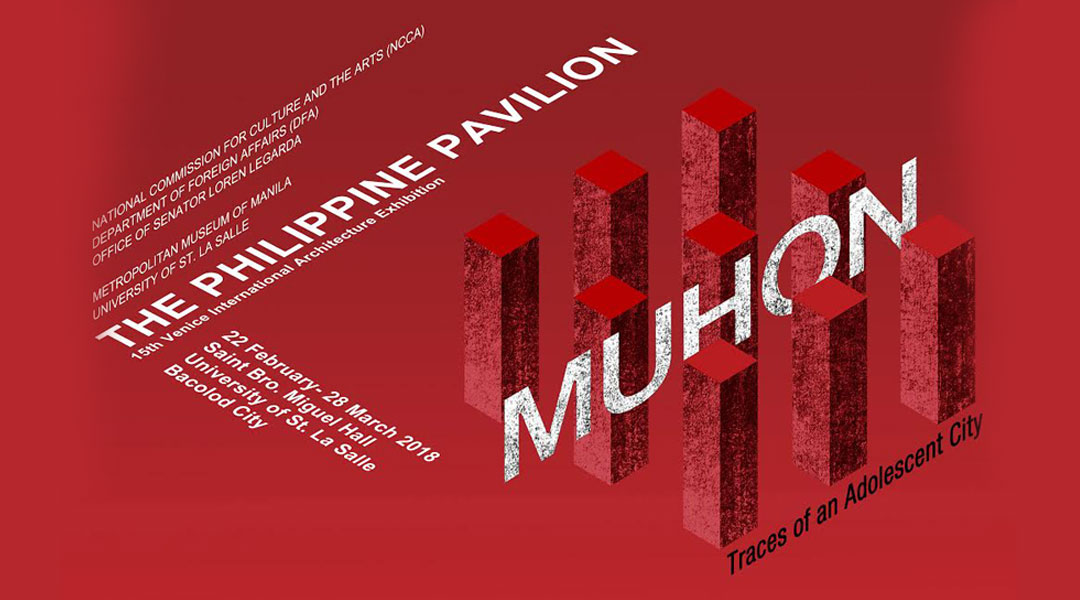
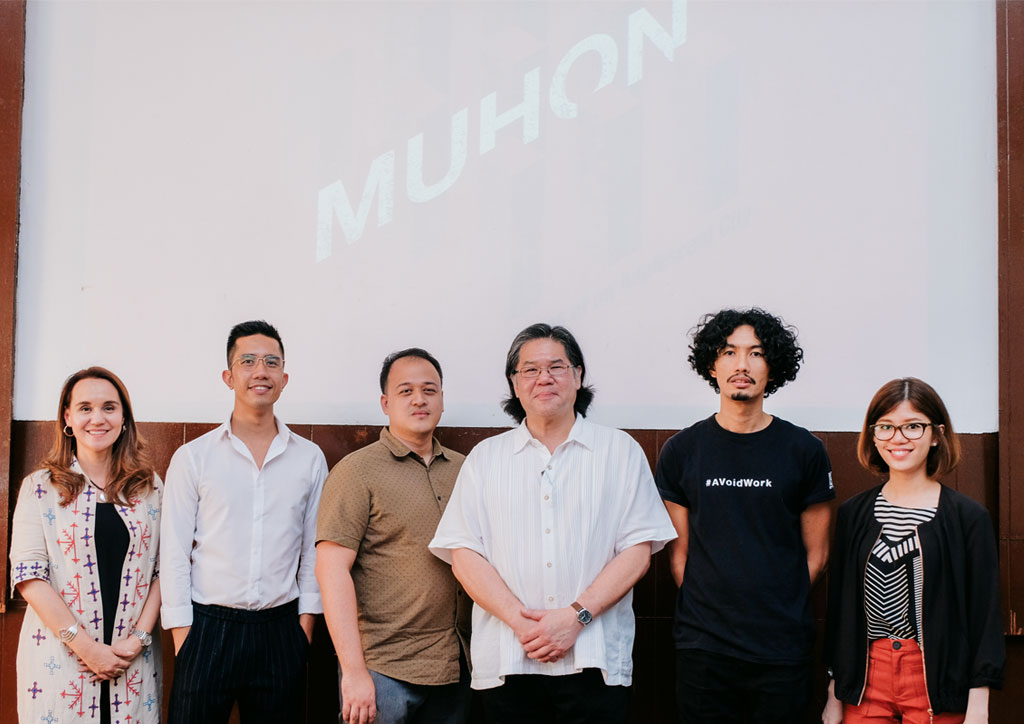
The province has shown strong community and government support for heritage preservation and conservation, such as in Silay and Bacolod. Silay has 29 surviving ancestral houses classified as national treasures, and rehabilitated and turned into museums like Balay Negrense, Don Bernardino Jalandoni Ancestral House, and Manuel Hofileña Heritage House. Meanwhile, the capital city Bacolod, is known for its well-preserved structures that have historical and religious meaning to its people.
The exhibition venue, Miguel Hall, was also designed by an LVLP alumnus, Ar. Francis delos Reyes. Beside the hall also stands the Doña Corazon L. Montelibano Chapel, designed by Leandro Locsin in 1966. ![]()
Muhon and the Philippines’ participation in both art and architecture exhibitions at the Venice Biennale are under the auspices of the National Commission for Culture and the Arts (NCCA), in partnership with the Department of Foreign Affairs (DFA) and the Office of Senator Loren Legarda. The project is supported by the Metropolitan Museum of Manila and the University of St. La Salle.
Curatorial team:
Leandro V. Locsin Partners (LVLP)
Sudarshan Khadka, Jr.
Juan Paolo de la Cruz
Leandro Locsin, Jr. (Principal)
Featured Architects:
Eduardo Calma
LIMA Architecture
Mañosa & Company, Inc.
8×8 Design Studio Co.
C|S Design Consultancy, Inc.
Jorge Yulo
Contemporary visual artists:
Poklong Anading
Tad Ermitaño
Mark Salvatus
The nine participants selected and surveyed buildings, structures, landmarks, boroughs, and urban landscapes. Evaluating their cultural merit and analyzing their potential within the national heritage, they created three sets of abstracted models built for each of the subjects corresponding to their original state, their current condition, and projected future.


